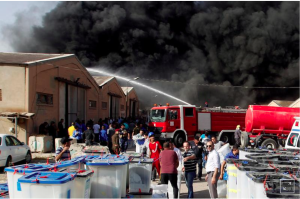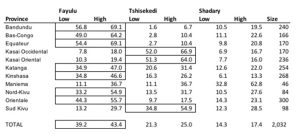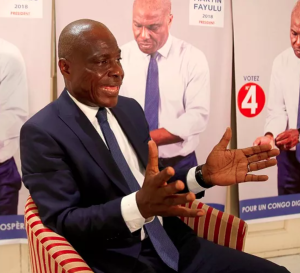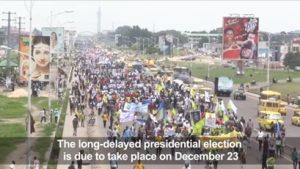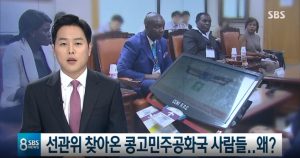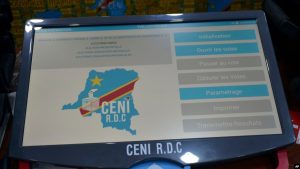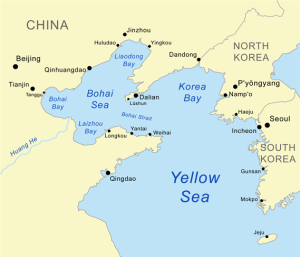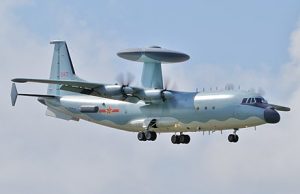Let’s talk about the Election Frauds in the DR Congo EP. 5-1
The Election Frauds in the DR Congo
The ultimate goal of this article is to expose how South Korean public and private organizations have participated in international crimes. A-WEB, a South Korean government agency, has been accused of participating in election crimes abroad. A private company called Miru Systems is also a co-conspirator in the crime. First, Let’s take a look at the election fraud in the DR Congo( Democratic Republic of the Congo). We are going to take a look at the social context of the DR Congo.
The social context of the DR Congo
The Congolese Civil War, which involved more than a dozen African countries, is the deadliest war since World War II. The second conflict (1998-2003) alone left more than 4 million people dead and 25 million refugees. The presence of UN peacekeepers in the Democratic Republic of the Congo appeared to solve the problem, but little has been accomplished. The UN has been unwilling to resolve the conflict. The Congolese, in turn, have no hope in the UN.
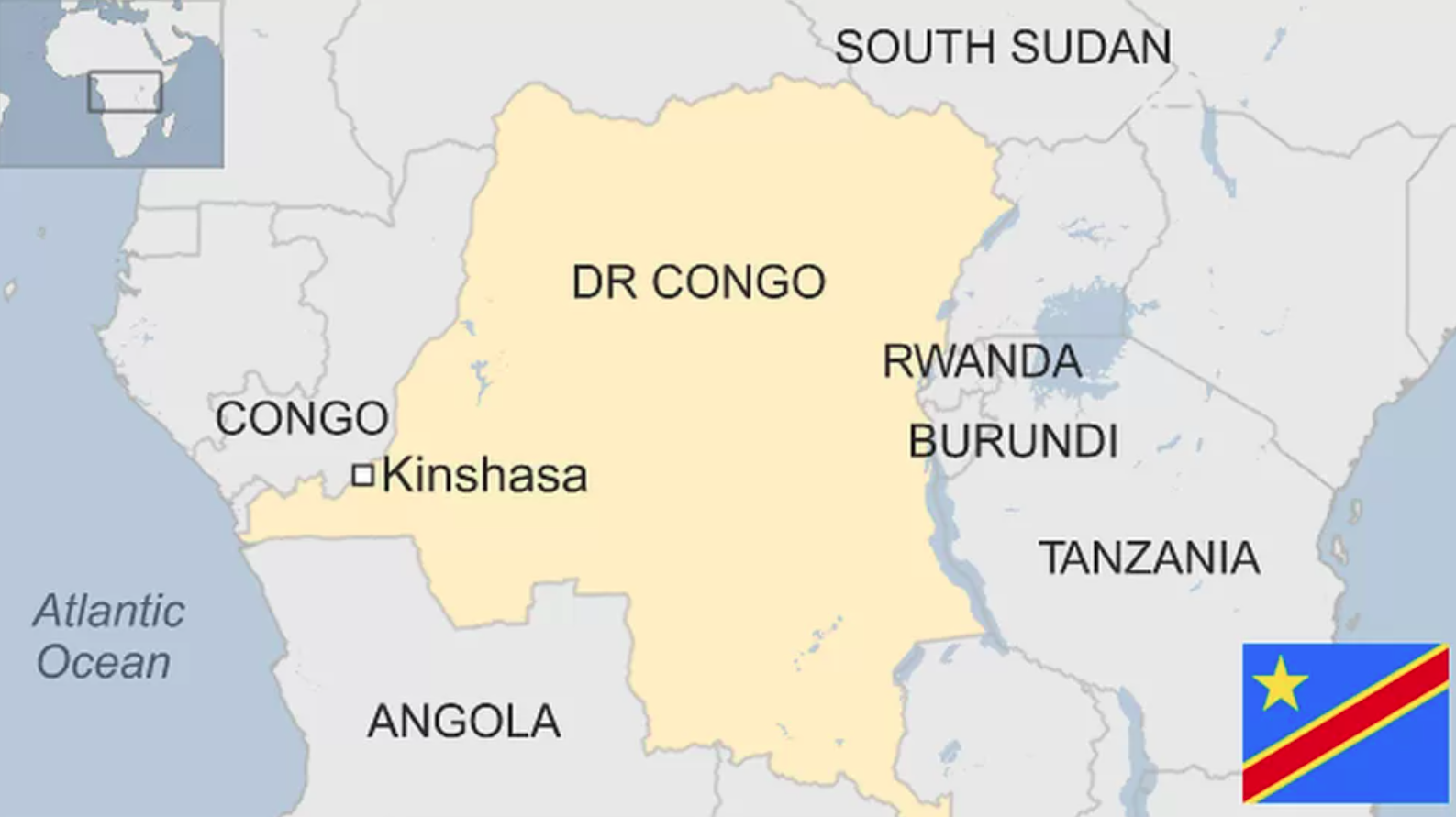
[Fig. 1] Map and flag of DR congo
Today, the DRC is in the midst of a civil war, fueled by the rebel group M23.
M23 is a rebel group led by General Bosco Ntaganda, a member of Rwanda’s Tutsi ethnic minority.
The group broke away from the regular army and committed murder, rape, and looting, threatening to attack government forces and UN peacekeepers. In February 2013, 11 African countries signed a peace agreement to resolve the DRC’s problems.
However, the M23 remains active in the North Kivu region, where it continues to fight government forces.
The civil war has been killing about 45,000 people a month since 2010.
Dictatorship in the DR Congo
The DRC gained independence in 1960. Laurent Kabila came to power in a coup d’état that overthrew the military. However, opposition forces led to a civil war (1998-2003).
In 2001, Laurent Kabila was assassinated, and his son Joseph Kabila took over. He ruled for 17 years, massacring many citizens who tried to oppose him.
Uniting the opposition against dictatorship
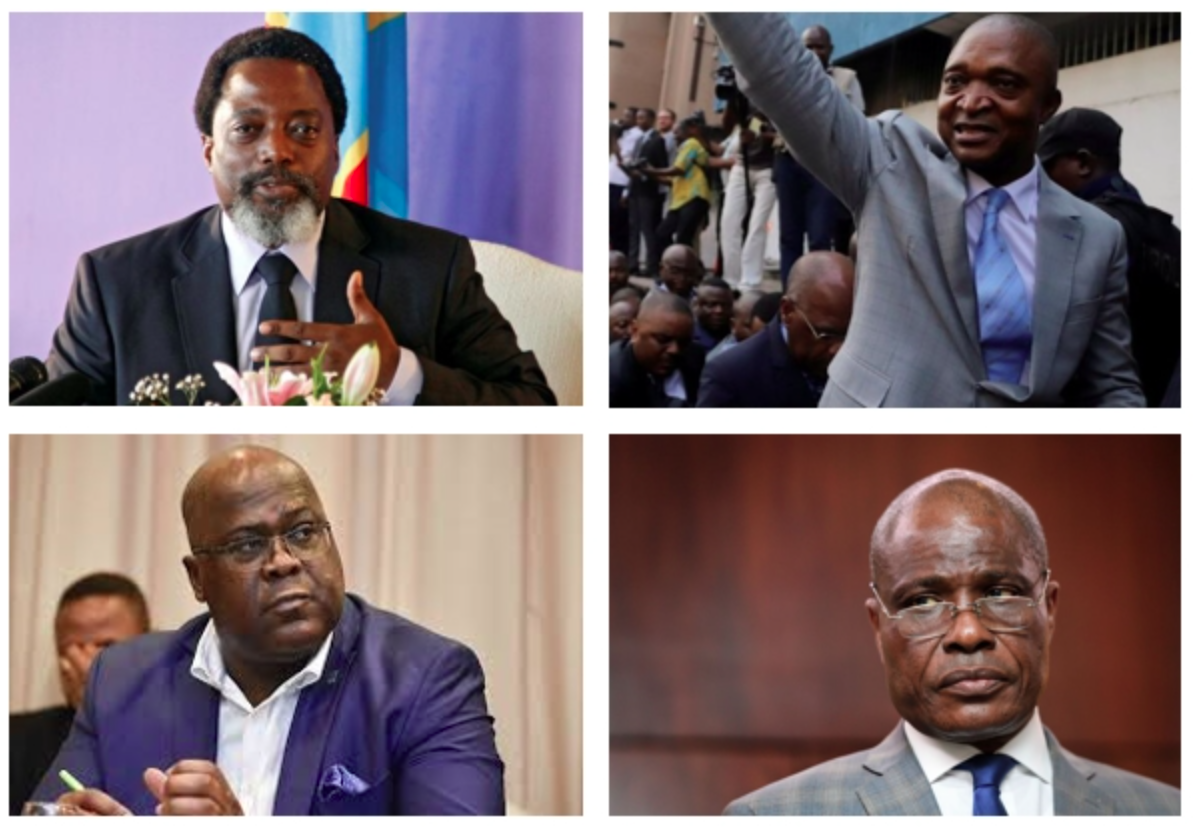
[Fig. 2] Clockwise from top left, Ex. President Kabila, Shadary, Fayulu, and Tshisekedi. (Source from BBC and Others)
The people of the Democratic Republic of Congo wanted to unify the opposition candidates. The five candidates were
< 1. Fayulu 2. Tshisekedi 3. Bemba 4. Katumbi 5. Kamele >
They held a small vote to choose a leader to represent the opposition in Geneva, and “Martin Fayulu” became the single candidate of the democratic camp.
But 24 hours later, Tshisekedi reverses this result. He had already signed a certificate stating that Paulo was elected as a single candidate. But he reversed it. “Kamele” then reverses it as well. But the other three still recognized Fayulu as the single candidate, and they returned to DR Congo to announce it. In the end, Tshisekedi ran as the candidate of the first opposition party, the Union for Democracy and Social Progress (UDPS), and Paulu ran as the candidate of the second opposition party, ECiDé.
